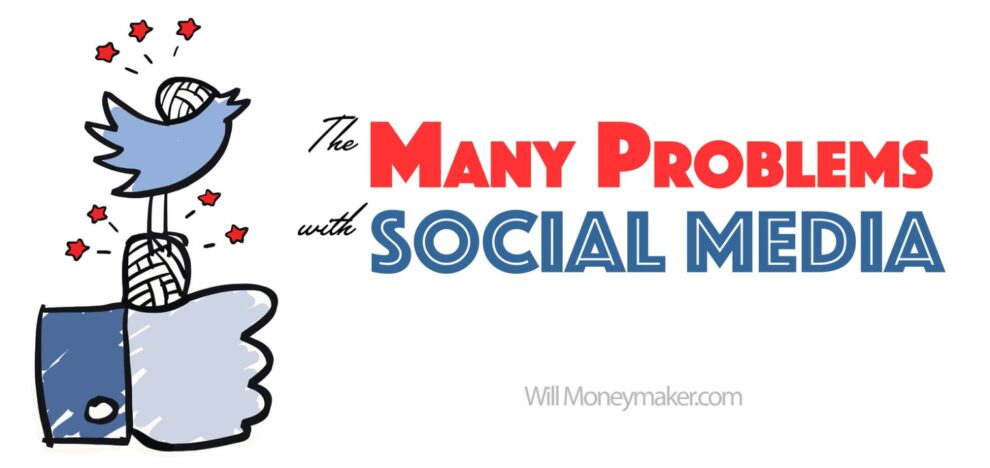If you’re a photographer, then you’ve probably noticed by now that social media is problematic in many respects. Certainly, it can be a great marketing tool. However, it isn’t really designed to show photography at its best. It also comes with the problem of theft – images posted to social media are exceptionally easy to steal even though you may have put a watermark on them. But there are other aggravations, larger, in my opinion, than the possibility of theft. Let’s take a look at some of the issues with social media as it stands now. Perhaps there are other, better ways for you to display your photography online.
Viewing Art Takes Time
The thing about social media is that it is designed for mass consumption. Users are supposed to look at as much as possible when they are using a social media platform. Because we have limited time in our days, that leads to flipping through posts, clicking over and over, absorbing a little bit of information but not really giving ourselves time to fully take in the things that we see. We surf to Facebook or Twitter, click a few “like” buttons, make a comment or two and then we are moving on.
Imagine behaving that way at an art gallery. Would you walk in, point at the first thing you see, tell the gallery owner that you like it and then proceed to purchase it? You would not because you know that art needs to be viewed over a period of time. There is nuance to it, details to notice, meanings to learn. When you have a thousand other distractions all clamoring for your attention, it becomes very difficult to give art the time it requires.
Speaking of That “Like” Button…
Another thing that I find troubling about social media is those “like” buttons. Art, whether it is photography or any other kind of work, is a language, a way to communicate without speaking. It is meant to make people think and it is meant to start conversations. In my opinion, social media has a nulling effect on that.
The problem is, instead of starting conversations, people click that “like” button and then they are gone again. No conversation is had, at least, nothing deeper than a few comments. For the artist, there is no critique of the work. For the viewer, there is no deeper meaning.
That is why I think there are better ways to share digital images. It is far better to send a PDF to someone who is interested than to post a JPEG to an audience that may not even see the image, let alone take the time to really study it. This way, you can have a back and forth over email rather than just posting in the hopes of gaining a few likes and no other meaningful conversation beyond that.
Social Media is Not Great for Displaying Images
Photographers of yesteryear spent countless hours and untold sums of money on the darkroom, on printmaking, on matting and framing, everything that they needed to do in order to display an image at its best. Today, we still tend to do this sometimes but sometimes we simply display the images digitally because it is easier – and better yet, cheap or usually free.
And here again is the problem with social media. These platforms are simply not designed to display images professionally. It can be difficult to enlarge an image to full-screen displays. You may not be able to have your images displayed over your ideal background color, you will likely have ads over top parts of the images or at least in the sidebars, distracting viewers from the images. Buttons, the number of likes your post has received and so on.
When all is said and done, no matter how powerful the imagery, it is diminished by all of the distractions. It is the difference between hanging a piece of art in a busy hallway where people simply don’t have the time or interest to enjoy it versus hanging that same piece of art in a museum, where people go specifically to look at things like that.
To that end, there are other digital mediums – the PDF, the online portfolio, a custom designed website for your photography, even a video designed like a slideshow – that will display your images to much greater effect.
Social Media Leads to Requests You Cannot Fulfill
This is a pet peeve and one that is somewhat unavoidable because everyone in this age is expected to have social media accounts. Sometimes you will get that request, particularly if you do wedding or portrait photography, the request from your client to just upload the files digitally to your social media account so that they can share and do as they like with them.
Imagine shooting a wedding in which you’ve taken 800 photographs. Do you really want to spend the time uploading the whole lot of them to Facebook so that they can be shared easily? Of course not!
Worse, social media platforms often come with image compression during the upload process and other factors that degrade the quality of the images – thus degrading your reputation potentially. On top of that, there is the issue of theft. Anyone can simply copy and paste the images or take a screenshot of them.
In my opinion, posting clients’ files on social media is much too problematic. And yet, there are some people who still assume that photographers should be willing to do this. It is much better, in my opinion, to give a DVD, a thumb drive or some other digital device to a client that wants digital copies. This is easier on the photographer, provides a better quality product to the client. And, let’s face it. No one is going to share all 800 photos from a wedding and even if they did, no one but the people directly involved in the wedding will take the time to scroll through them. The client can pick and choose their favorites to share the digital files you give them offline.
Of course, social media isn’t all bad. It is, in fact, an incredibly valuable service for photographers and really for anyone that wants to stay in touch or take advantage of marketing opportunities. However, when it comes to displaying images on these platforms, don’t expect that they will be treated as art because the platforms themselves are not designed for people to behave as if they are in an art gallery.






